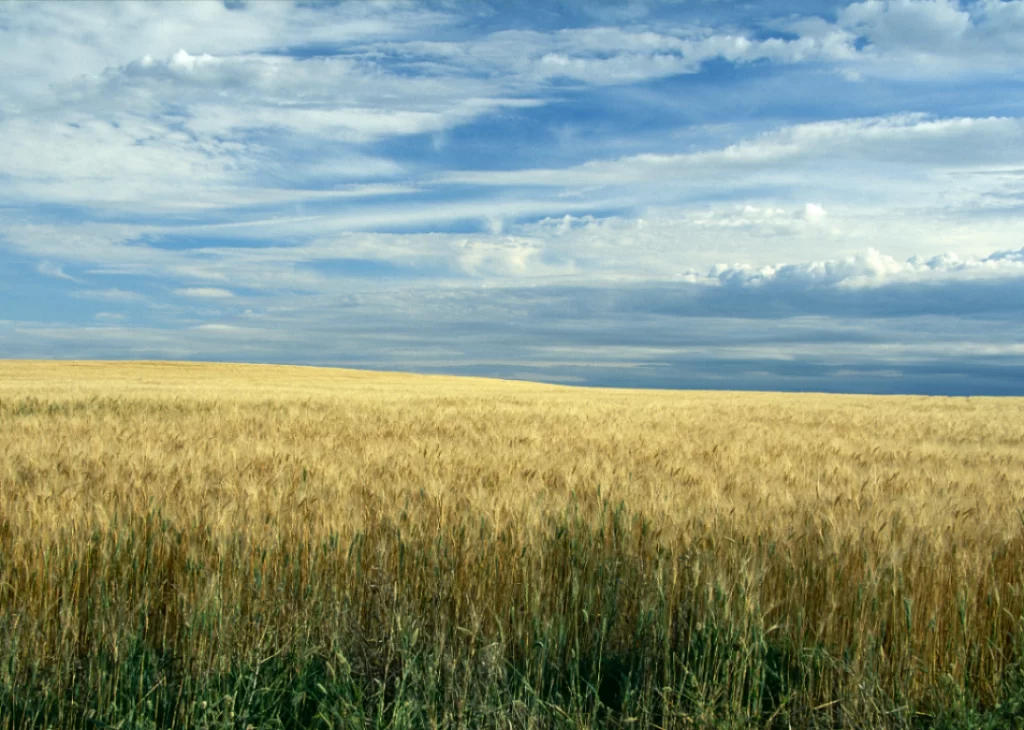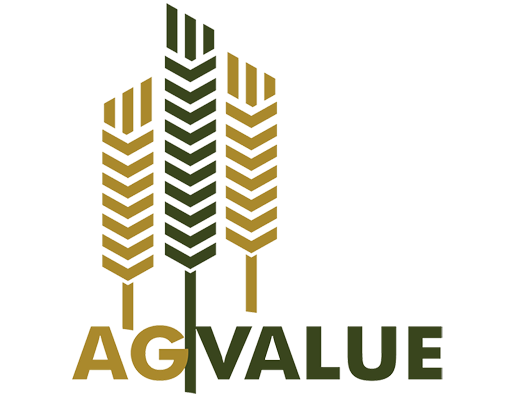
- AgValue Consulting
- April 18, 2025
- 7:53 pm
- 3 minutes
Tough Year Behind, Uncertainty Ahead: What Georgia’s Forage Struggles Mean for AgValue Clients in 2025
🔗 Source: Farm Monitor | April 2025
After a brutal forage year in 2024, Georgia’s hay and pasture producers are entering the 2025 growing season with cautious optimism—but also with thinner reserves and higher costs. Lisa Baxter, State Forage Extension Specialist, offered a candid breakdown of the challenges faced last year and the uphill climb many producers still face. For those of us at AgValue Consulting, these conditions not only affect bottom lines—they directly influence how farms, ranches, and hay operations are valued and appraised.
2024: A Year of Weather Extremes and Armyworm Invasions
The 2024 season was a textbook case of everything that could go wrong, doing just that. An overly wet spring created ideal conditions for disease pressure—particularly devastating in forages where chemical control options are limited. Then, the weather turned bone dry through the critical summer production period. Even when rain did return, it was too much too fast, followed by six-week dry spells. Many producers across Georgia, especially in the north, were unable to build stockpile reserves for winter due to the fall drought, leading to widespread forage shortfalls.
Adding insult to injury, fall armyworms blanketed nearly every county in Georgia, cutting into yields and forcing producers to spend heavily on insecticides—an unexpected and steep input cost.
2025 Outlook: Higher Input Costs, Lower Hay Supplies
According to Baxter, this year isn’t looking much easier. Seed availability is tight due to weather issues in the western U.S., and fertilizer prices remain stubbornly high. Many forage growers are heading into 2025 with empty hay barns, limited reserves, and grazing challenges that could affect herd size decisions. The guidance from UGA Extension is clear: carefully manage stocking rates early and match herd sizes to forage availability.
At AgValue Consulting, we’re already seeing these conditions affect client needs—especially in:
Farm Appraisals: Forage shortfalls and increased input costs directly impact net farm income, which can influence land values and appraisal outcomes. Fields once deemed productive are being re-evaluated based on volatility and recovery potential.
Dairy and Livestock Operations: Operations relying on hay as a feed component are facing margin pressure. If hay availability remains tight, herd downsizing may occur, altering operational cash flows and affecting the valuation outlook.
Poultry & Cattle Farm Lending: Ag lenders are asking more detailed questions around input costs, forage planning, and risk mitigation. Our clients are leaning on us for clear, evidence-backed assessments as they restructure debt or expand.
Farm Machinery & Equipment Appraisals: An uptick in pivots being repurposed for forage production means more demand for customized machinery appraisals—particularly where multi-use or cross-functional assets are involved.
Strategic Advice for AgValue Clients
If you’re a Georgia forage or livestock producer navigating these headwinds, here’s what to consider:
Update Your Appraisal: Market volatility in land and forage productivity should prompt updated valuations for refinancing, insurance coverage, or asset planning.
Document Your Challenges: For clients seeking disaster relief programs, crop insurance claims, or conservation funding, clear records of 2024 losses and 2025 planning efforts are key.
Evaluate Input ROI: Higher seed and fertilizer prices demand tighter financial analysis. We can help evaluate which investments will actually boost value—and which may need to be scaled back or delayed.
At AgValue Consulting, we’re not just watching trends—we’re helping clients adapt to them. Our deep experience in agricultural valuations across the Southeast means we understand not only what’s happening, but what it means for your operation’s worth and long-term viability.
If you need help assessing how 2024’s challenges and 2025’s forecast will impact your property or operation, contact us today.
